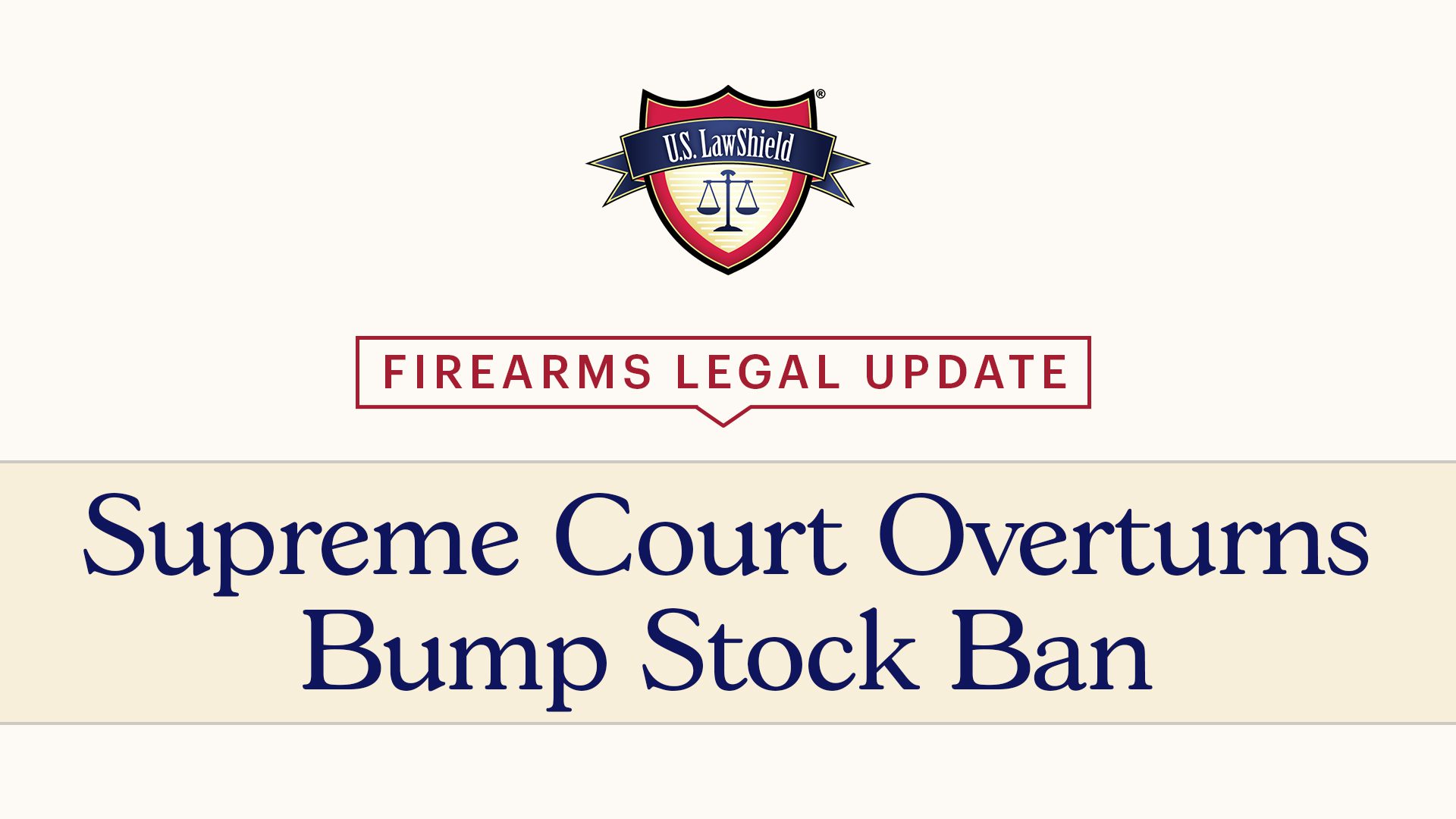Well, hurricane season is almost upon us. If you have lived in North Carolina through a hurricane season, you know that no part of the state is immune from the flooding and high winds that result when a storm hits our coast, or slides up from South Carolina to pummel the western part of the state.
In North Carolina, you can never be too prepared for hurricane season. If you are in a situation where you must evacuate, what about your firearms? Do you have to leave them behind, or can you travel with them to a safer destination?
The answer is that you can transport lawfully possessed firearms with you.
Emergency Management Act
North Carolina’s Emergency Management Act allows local governments to impose restrictions on the transportation of dangerous weapons, such as explosives, incendiary devices, and radioactive materials and devices when a state of emergency is declared. However, local governments may not impose restrictions on the possession or transportation of lawfully possessed firearms.
Concealed Carry
Remember, North Carolina gun laws are still applicable in times of emergency or natural disasters. So, unless you have a Concealed Handgun Permit (“CHP”), you cannot carry your weapon in a concealed manner on your person. If transporting a firearm without a CHP, the firearm must either be in plain view or locked in your trunk. If your vehicle does not have a trunk, it should be placed as far away from you as possible. It might even be a good idea to unload it.
Also, the prohibitions against possession of firearms on educational property are still in effect. So, if you are sheltering in a high school gym, for example, you may not have a firearm in your possession while in the gym. If you have a CHP, you can have your firearm concealed in a locked vehicle. If you do not have a CHP, you may not have a firearm on the educational property.
For any questions on what to do in the event of a natural disaster or state of emergency, contact U.S. LawShield and ask to speak to an Independent Program Attorney.
ALERT: Make sure to check all state and local laws and reach out to your Independent Program Attorney as you prepare for emergency situations. Click here for the latest webinar discussion regarding travel restrictions during a pandemic with Sam Malone, featuring Independent Program Attorneys David Katz, James Reeves, Emily Taylor, and Richard Hayes.
The preceding should not be construed as legal advice nor the creation of an attorney-client relationship. This is not an endorsement or solicitation for any service. Your situation may be different, so please contact your attorney regarding your specific circumstances. Because the laws, judges, juries, and prosecutors vary from location to location, similar or even identical facts and circumstances to those described in this presentation may result in significantly different legal outcomes. This presentation is by no means a guarantee or promise of any particular legal outcome, positive, negative, or otherwise.





Leave A Comment